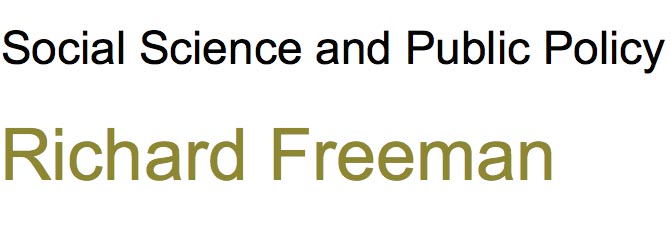Meeting, talk and text: policy and politics in practice
Our prevailing accounts of the policy process are challenged by studies of practice as well as by practitioners themselves. This paper sets out an alternative, grounded in politics and sociology and informed by recent work in related disciplines. Drawing on the...Teaching politics after the practice turn
The ‘practice turn’ and its associated ontology, epistemology and methodology are now well established in political research. In this article, we identify and explore a corollary pedagogy. After outlining the principal components of practice theory, we compare case-...Care, policy, knowledge: translating between worlds
served as postscript to Vicky Singleton, Claire Waterton and Natalie Gill’s new Sociological Review Monograph on Care and Policy Practices…
Reciprocal instrumentalism: Scotland, WHO Europe, and mental health
This paper explores the relationship between the World Health Organization’s Regional Office for Europe (WHO Europe) and Scotland in the context of mental health
Making knowledge for international policy: WHO Europe and mental health policy, 1970-2008
It is widely agreed that the effectiveness of the World Health Organization (WHO) as a policy body derives chiefly from its reputation as a source of authoritative knowledge. However, little has been done to show just how WHO mobilises knowledge for policy purposes.
For a (self-)critical comparison
This paper reflects on the design and organization of cross-national comparative research in social and public policy, based in our own experience of leading and taking part in projects of this kind.
Stakeholder consultation and social mobilization: framing Scottish mental health policy
Public and stakeholder consultation is increasingly important in the policy process, both in the UK and elsewhere. Social scientists have considered consultation primarily in terms of how it relates to decision-making – either as a means of involving a wider constituency of actors in the decision-making process, or as a means of legitimizing the decisions taken by policymakers.
Reverb policy making in wave form
A new paper in Environment and Planning A explores how we might think of policy as something that moves
The practice of policy making
Editorial introduction to the special issue of Evidence and Policy 7 (2) The Practice of Policy Making. Source: Evidence and Policy 7 (2) 125-133 link SaveSaveDocuments, practices and policy
What are the practices of policy making? In this paper, we seek to identify and understand them by attending to one of the principal artifacts – the document – through which they are organised.
Implementing recovery: an analysis of the key technologies in Scotland
Background: Over the past ten years the promotion of recovery has become a stated aim of mental health policies within a number of English speaking countries, including Scotland. Implementation of a recovery approach involves a significant reorientation of mental health services and practices, which often poses significant challenges for reformers.
Analysing policy transfer: perspectives for operational research
Policy transfer occurs regularly. In essence, a strategy developed elsewhere is taken up and applied in another policy context. Yet what precisely is policy transfer and, more importantly, under what conditions does it occur? This paper describes policy transfer and addresses three main questions, exploring what perspectives of policy transfer might contribute to operational research (OR) efforts.
Les transformations du système de santé mentale: l’exemple de l’Ecosse
System transformation in mental health is of immediate concern across countries throughout Europe and beyond. In this paper we describe a paradigm shift in Scottish policy from the control of psychiatric disorder to mental health governance and explore the means by which it has been supported and sustained
Health care systems and the problem of classification
Classification is integral to comparison. The aim of this paper is to reflect on the nature, purpose and limits of classification in comparative health policy.
What is translation?
What is ‘translation’, and how might it help us think differently about knowledge transfer and exchange? The purpose of this article is to set out, for policy makers and practitioners, the theoretical and conceptual resources that translation holds and seems to represent.
A National Health Service, by comparison
The National Health Service (NHS) has always been compared to other things, to other organizations and systems both at home and abroad. This paper explores those comparisons, beginning with the origins of national public health care in Lloyd George’s study of German social insurance, and ending with Gordon Brown’s claims for the NHS as ‘the best insurance policy in the world’.
Global health and the problem of governance
Source: Harvard Health Policy Review 9 (1) 26-34 link SaveSaveLearning by meeting
It has become something of a truism that organisational and political environments are internationalised, and that policy making is informed at least in part by increased understanding of what takes place in parallel domains and jurisdictions.
Organizing mental health in Scotland
This paper reports the first phase of a research project on mental health policy in Scotland that investigates the way knowledge is mobilised in the policy process.
